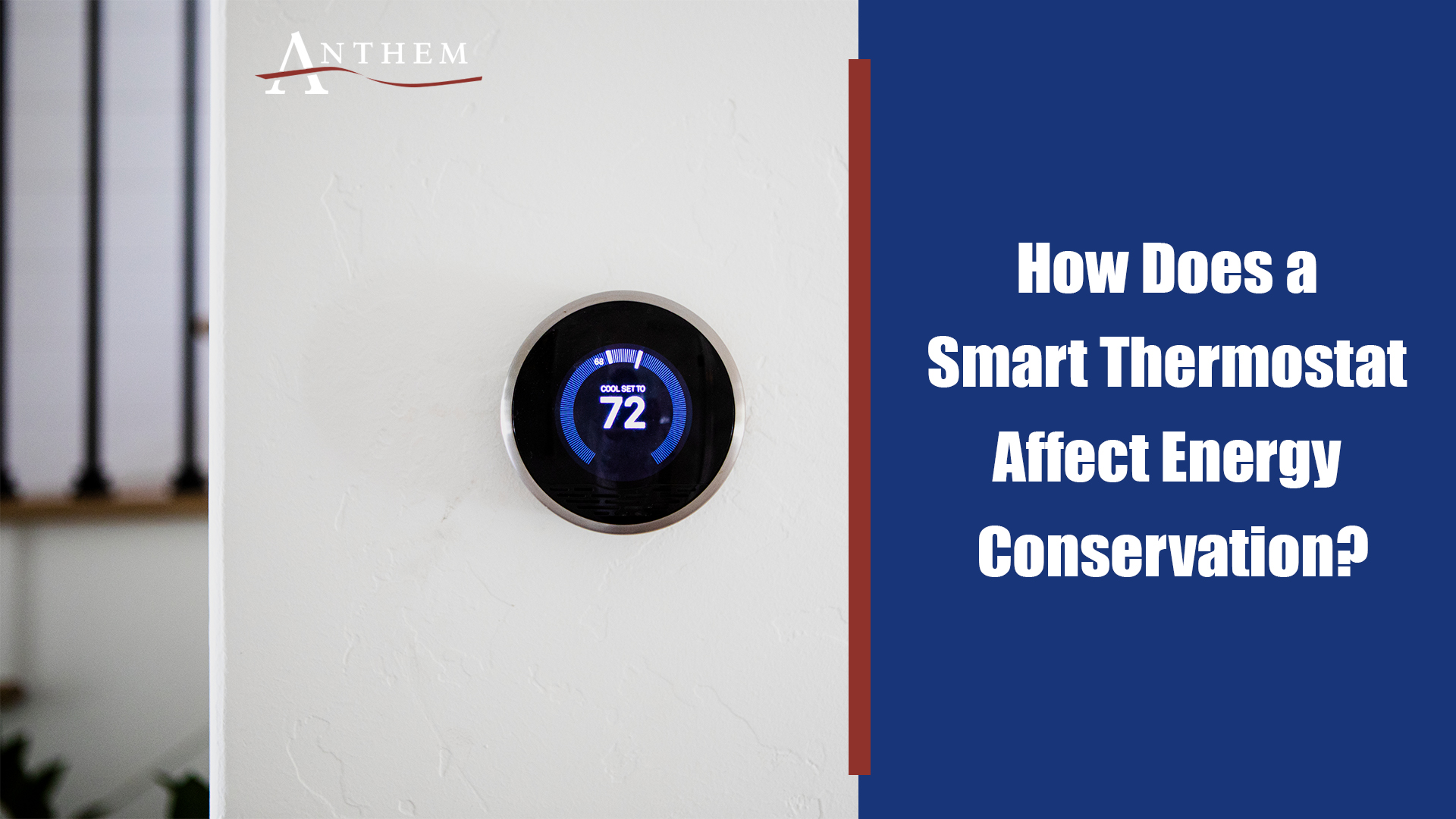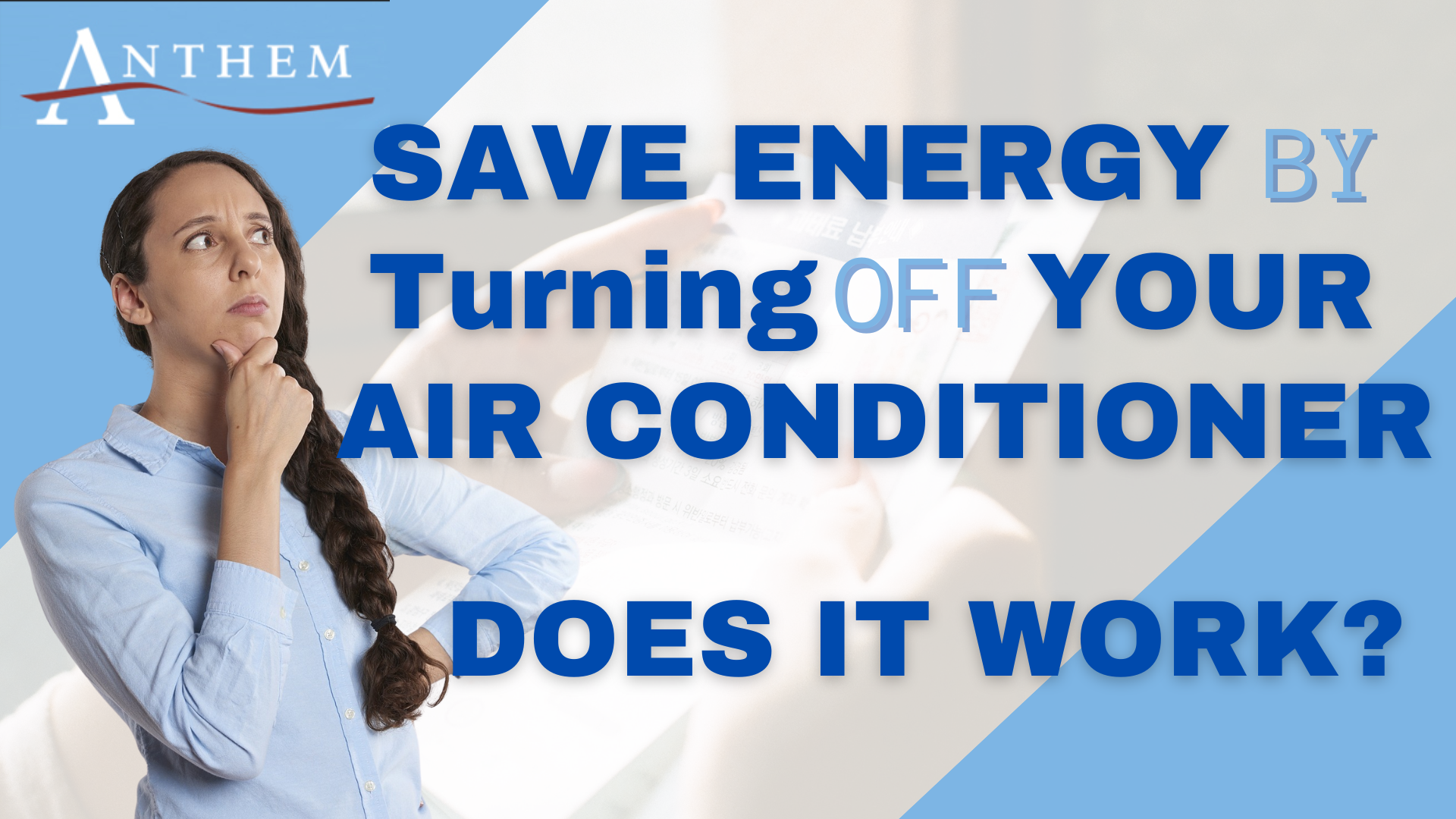The desert climate of Palm Springs can be harsh and unforgiving, with scorching temperatures and dust storms that can take a toll on HVAC systems. As a resident, it’s important to understand the importance of regular HVAC maintenance to keep your system running efficiently and effectively. Not only does regular maintenance help extend the lifespan of your HVAC system, but it can also help to improve indoor air quality and reduce energy costs. In this blog, we discuss the effects of desert conditions on HVAC systems, the benefits of regular maintenance, and recommended tasks for residents of Palm Springs and other desert communities.

The Effects of Desert Conditions on Your HVAC
The desert conditions in Palm Springs can significantly impact your HVAC. One of the main issues is dust and sand buildup in ducts and filters. The constant dust and sand in the air can cause them to become clogged, reducing the efficiency of the system and making it harder for air to circulate through your home. This can lead to poor indoor air quality and increased energy costs.
High temperatures in desert climates also mean AC systems work harder and longer to keep homes cool. This can put added stress on the system and lead to an increased risk of breakdowns and repairs.
Another potential problem is damage from extreme heat and dust storms. High winds and blowing sand can cause damage to outdoor units, while extreme heat can cause parts to malfunction or wear out quickly. Regular maintenance can help to address these issues and keep your HVAC system running smoothly, even in the harsh desert climate.
By staying on top of regular tasks such as changing air filters, scheduling annual inspections and tune-ups, cleaning ducts and coils, and keeping outdoor units clear of debris, you can help to ensure that your HVAC system is able to withstand the desert conditions and continue to provide the comfort and indoor air quality you need.

The Benefits of Regular HVAC Maintenance
Regular HVAC maintenance can provide a number of benefits for residents of desert climates like Palm Springs. One of the biggest benefits is improved energy efficiency and lower utility bills. When your HVAC system is running at peak performance, it doesn’t have to work as hard to maintain comfortable temperatures in your home, which can lead to lower energy costs.
Another benefit of regular maintenance is that it can extend the lifespan of your HVAC system. By catching small issues before they become big problems, you can help prevent costly repairs or replacements. This can save you money in the long run and ensure that your HVAC system continues to provide reliable comfort and indoor air quality for many years.
Recommended HVAC Maintenance Tasks for Desert Residents
There are several HVAC maintenance tasks that desert residents should consider in order to keep their systems running efficiently. One of the most important tasks is changing air filters on a regular basis. Air filters become clogged with dust, dirt, and other contaminants, reducing airflow and the system’s efficiency. Changing the air filter on a monthly basis can help ensure that the system can circulate clean air throughout your home.
 Another important task is scheduling annual inspections and tune-ups. These services can help identify any issues with your system before they become major problems. An HVAC professional will inspect and test your system, checking for any signs of wear or damage, and making any necessary adjustments to ensure it’s running efficiently.
Another important task is scheduling annual inspections and tune-ups. These services can help identify any issues with your system before they become major problems. An HVAC professional will inspect and test your system, checking for any signs of wear or damage, and making any necessary adjustments to ensure it’s running efficiently.
Cleaning ducts and coils are also important for desert residents. Dust and dirt can accumulate in these areas, reducing airflow and making it more difficult to cool your home.
Finally, keeping outdoor units clear of debris and dust is important. High winds and blowing sand can cause debris to accumulate around outdoor units, which can impede airflow. Keeping outdoor units clear of debris and dust on a regular basis can help to ensure that your system is able to work efficiently.
Overall, by performing these recommended HVAC maintenance tasks, desert residents can help ensure their systems are able to withstand the harsh desert conditions and continue to provide reliable comfort and indoor air quality.
Conclusion
In conclusion, regular HVAC maintenance is crucial for residents of desert climates such as Palm Springs. The harsh conditions of the desert can take a toll on HVAC systems, leading to dust and sand buildup, increased stress on the system, and damage from extreme heat and dust storms. By staying on top of regular maintenance tasks such as changing air filters, scheduling annual inspections and tune-ups, cleaning ducts and coils, and keeping outdoor units clear of debris, residents can help ensure that their HVAC systems are running efficiently and effectively, improving indoor air quality, and extending the lifespan of their systems. Regular maintenance can also help to prevent costly repairs and replacements and lower utility bills. Overall, investing in regular HVAC maintenance is a smart choice for desert residents looking to keep their homes comfortable and energy-efficient.





































